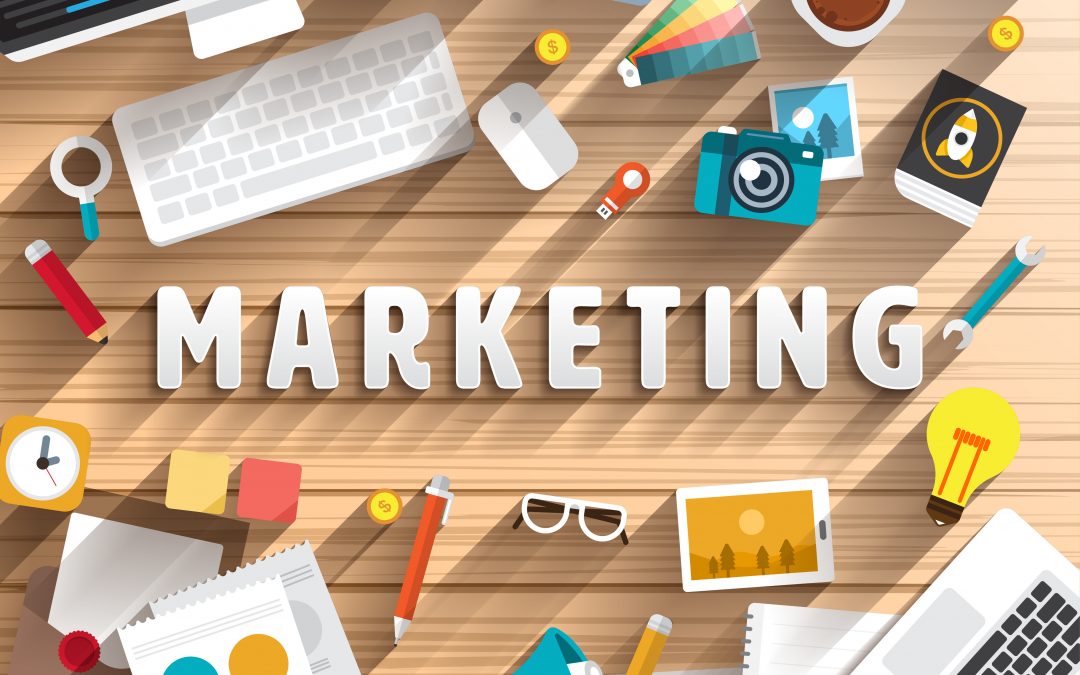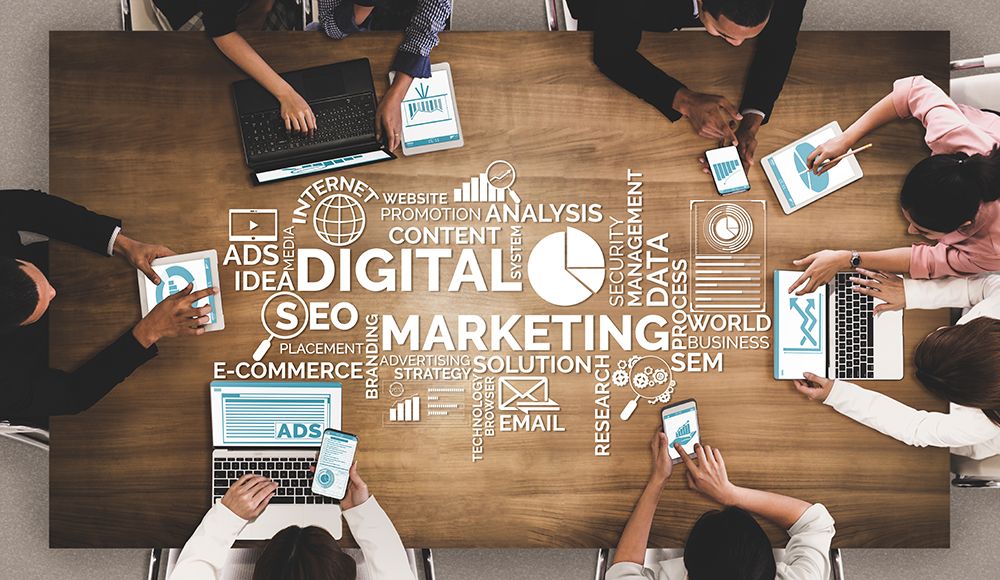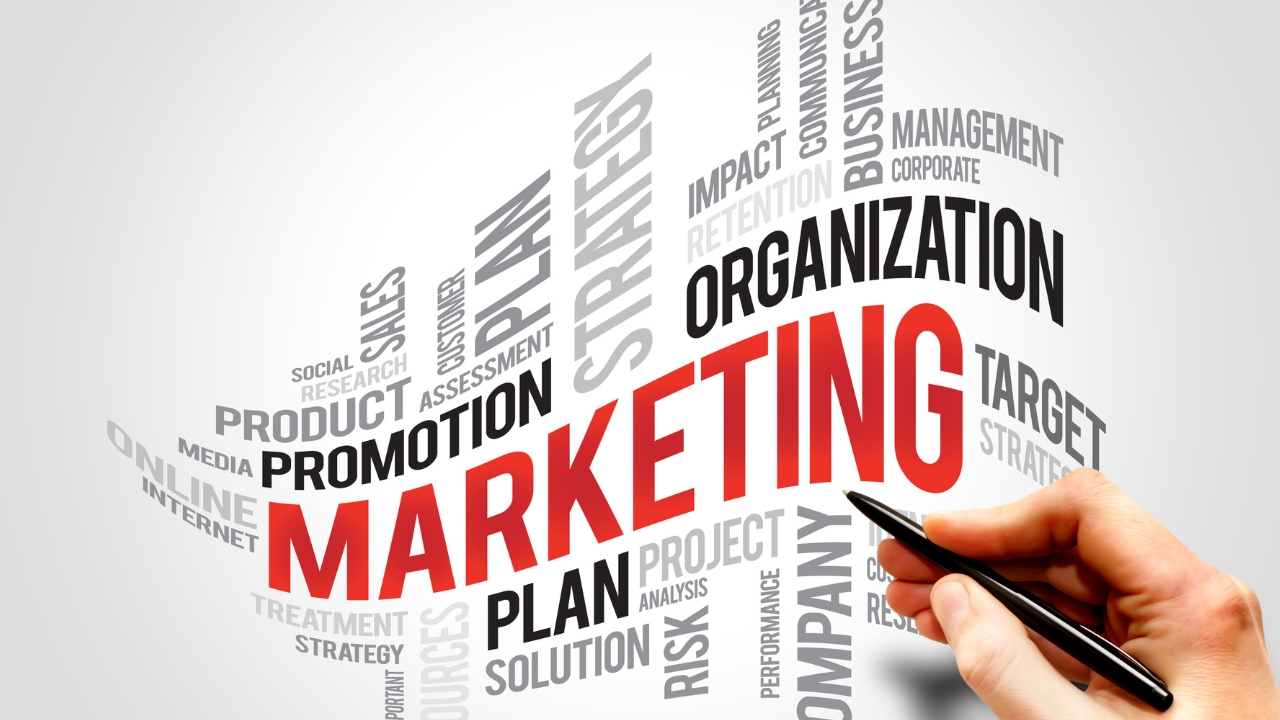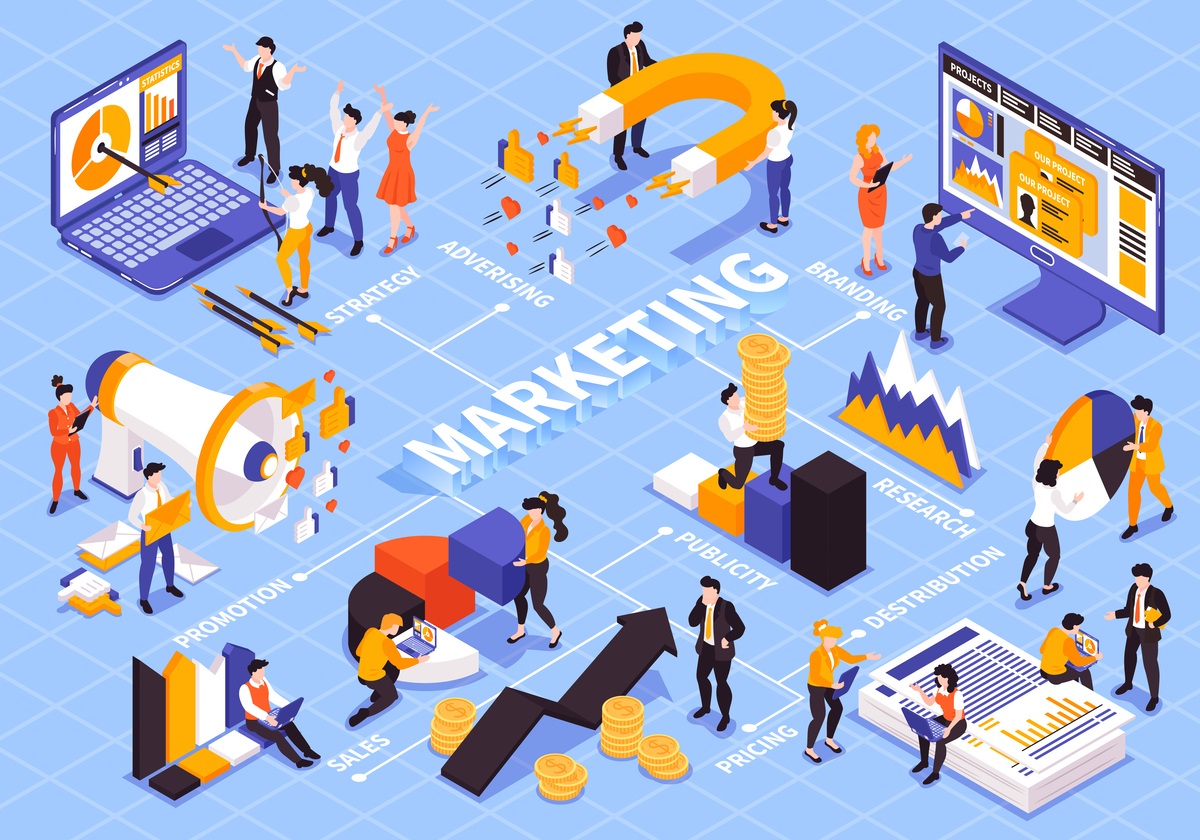Marketing, in its simplest form, is the process of promoting and selling products or services. However, its influence goes far beyond just sales and advertising. It plays a crucial role in shaping our society, economy, and culture. From influencing consumer behavior to creating brand loyalty, marketing has become an essential aspect of our daily lives.
In this article, we will delve into the world of marketing and explore its various aspects. We will understand the different types of marketing, its evolution over the years, and its impact on businesses and consumers. So, let’s dive into the world of marketing and discover its power and influence.
Understanding Marketing
To truly understand the power of marketing, we must first understand what it really means. As mentioned earlier, marketing is the process of promoting and selling products or services. It involves identifying the needs and wants of consumers and developing strategies to fulfill those needs through the creation, promotion, and distribution of goods and services.
Marketing is more than just selling; it is about creating value for both the company and the customer. It involves building and maintaining relationships with customers, understanding their preferences, and delivering products or services that meet their expectations. In today’s highly competitive market, effective marketing strategies can give companies a competitive edge and help them stay ahead of the game.

Marketing involves the activities of promoting and selling products or services
1.1 Evolution of Marketing
Marketing has come a long way since its inception. It has evolved from simple bartering systems to complex digital marketing techniques. Let’s take a look at its journey through the ages.
Barter System: Before the invention of money, people used the barter system to trade goods and services. It involved the exchange of goods or services between two parties without the use of money. This type of marketing was based on the principle of “you scratch my back, and I’ll scratch yours.”
Introduction of Currency: With the invention of currency, buying and selling became more efficient and convenient. People could now exchange goods and services for money, making transactions more straightforward. This led to the growth of markets and the emergence of traders who specialized in buying and selling goods.
Mass Production and Distribution: The Industrial Revolution brought about significant changes in the way goods were produced and distributed. Mass production allowed companies to produce goods on a large scale, reducing costs and making them more affordable for consumers. The introduction of railways and steamships made it easier to transport goods to different parts of the world, thus expanding the market reach.
Print Advertising: In the late 19th century, businesses started using print media, such as newspapers and magazines, to advertise their products and services. This marked the beginning of mass advertising, where companies used persuasive messages to attract customers.
Radio and Television Advertising: The invention of radio and television revolutionized the advertising industry. Companies could now reach a larger audience and create brand awareness through commercials and sponsorships. This era also saw the rise of famous jingles and slogans that are still remembered today.
Digital Marketing: The emergence of the internet and social media has completely transformed the world of marketing. With the ability to reach a global audience and target specific demographics, digital marketing has become an essential tool for businesses. From email marketing to social media ads, companies have endless ways to promote their products and engage with customers.
1.2 Types of Marketing
Marketing is a broad term that encompasses various techniques and strategies. Let’s take a look at the different types of marketing and how they differ from each other.
Traditional Marketing: Traditional marketing refers to any form of marketing that existed before the rise of digital media. It includes print, radio, and television advertising, as well as billboard ads, direct mail, and event marketing. While traditional marketing may seem outdated in today’s digital age, it still has its advantages, such as reaching a broad audience and creating brand awareness through repetitive messaging.
Digital Marketing: Digital marketing involves promoting products or services through online platforms. It includes email marketing, social media marketing, search engine optimization (SEO), pay-per-click (PPC) advertising, and many other techniques. With more and more people turning to the internet for their shopping needs, digital marketing has become crucial for businesses to stay relevant and competitive.
Content Marketing: Content marketing focuses on creating valuable and relevant content to attract and retain customers. It involves the creation and sharing of blogs, videos, infographics, e-books, and other forms of content that provide useful information to potential customers. The goal of content marketing is to build trust and establish a relationship with customers rather than just promoting a product or service.
Influencer Marketing: Influencer marketing is a form of marketing where companies collaborate with influential individuals to promote their products or services. These influencers can be celebrities, bloggers, or social media personalities who have a significant following and can influence consumer behavior. This type of marketing allows companies to reach a targeted audience and create an authentic connection with consumers.
Relationship Marketing: Relationship marketing focuses on building long-term relationships with customers rather than just making one-time sales. It involves understanding customer needs and providing personalized experiences to keep them satisfied and loyal to the brand. Relationship marketing relies heavily on customer retention and word-of-mouth referrals.
1.3 The Role of Marketing in Business
Marketing plays a vital role in the success of any business. Here are some ways in which marketing impacts businesses:
Brand Awareness and Recognition: Effective marketing strategies help create brand awareness and make companies stand out from their competitors. A strong brand identity can attract customers and build trust, leading to increased sales and customer loyalty.
Market Research and Customer Insights: Marketing involves extensive market research and analysis to understand consumer behavior and preferences. This data helps companies develop products and services that meet the needs of their target audience, giving them a competitive advantage.
Customer Acquisition and Retention: By promoting products and services through various marketing channels, companies can attract new customers and retain existing ones. Effective marketing strategies can help generate leads, convert them into customers, and keep them coming back for more.
Creating Differentiation: In today’s crowded market, it is crucial for businesses to differentiate themselves from their competitors. Through effective marketing, companies can showcase their unique selling points and create a niche for themselves in the market.
Impact of Marketing on Businesses
Marketing has a significant impact on the success and growth of businesses. Let’s take a closer look at how marketing affects different aspects of a business.

Marketing plays a crucial role in determining the success and expansion of businesses
2.1 Sales and Revenue
Marketing is essential for driving sales and generating revenue for businesses. Without effective marketing strategies, even the best products or services may go unnoticed by potential customers. Marketing creates awareness, generates interest, and convinces customers to make a purchase, thus directly impacting a company’s bottom line.
Moreover, marketing also helps companies upsell and cross-sell their products or services. For example, by using targeted email marketing, a company can promote complementary products to its existing customers, increasing their lifetime value.
2.2 Brand Building and Reputation
Marketing plays a significant role in building a brand’s reputation and shaping consumers’ perception of a company. By consistently delivering quality products and services and using effective marketing techniques, companies can build a positive brand image that resonates with customers.
Additionally, marketing also helps create a bond between a company and its customers. By engaging with customers through various marketing platforms and providing personalized experiences, companies can build trust and loyalty, leading to a positive brand reputation.
2.3 Business Growth and Expansion
Marketing not only helps businesses maintain their current customer base but also aids in their growth and expansion. By effectively promoting products or services and reaching new customers, companies can increase their market share and expand into new markets.
Moreover, marketing also helps businesses stay relevant and adapt to changing consumer needs and preferences. By conducting market research and analyzing consumer behavior, companies can identify new opportunities for growth and develop strategies to capitalize on them.
Effects of Marketing on Consumers
While marketing plays a crucial role in driving sales and promoting products, it also has a significant impact on consumers. Let’s take a look at how marketing affects the behavior and perceptions of consumers.
3.1 Consumer Behavior
Marketing has a significant influence on consumer behavior. Through persuasive messaging and emotional appeals, marketers can encourage consumers to buy products they may not necessarily need. For example, during the holiday season, companies use various marketing techniques to create a sense of urgency and persuade customers to buy more.
Moreover, with the rise of social media, influencer marketing has become a popular way to reach consumers. Many people look up to influencers and often make purchasing decisions based on their recommendations, thus highlighting the power of marketing in shaping consumer behavior.
3.2 Perception of Quality
Marketing is all about creating a perception of value and quality. Companies use various techniques such as branding, packaging, and advertising to make their products seem more desirable and superior to others in the market.
For example, a company can use premium packaging and high-end advertising to create a perception of luxury and exclusivity, even if the product itself is similar to its competitors. This perceived value can justify a higher price point and ultimately lead to increased sales and profit for the business.
3.3 Cultural Influences
Marketing also has a significant impact on culture and vice versa. The products and services that are marketed often reflect the values, beliefs, and trends of a particular culture or society. For example, fast-food chains often adapt their menus to cater to local tastes and preferences in different countries.
On the other hand, marketing can also shape culture by promoting certain societal values and norms. For instance, campaigns promoting diversity and inclusivity have become increasingly popular, highlighting the role of marketing in creating social change.
The Future of Marketing
Marketing is an ever-evolving field that constantly adapts to changes in technology, consumer behavior, and societal trends. As we move towards a more digitalized world, it is essential for businesses to stay updated and embrace new marketing strategies to stay relevant. So, what does the future of marketing look like? Here are some trends to watch out for:

Marketing is a dynamic field that continuously adjusts to shifts in technology, consumer behavior, and societal trends
4.1 Personalization
As consumers continue to demand more personalized experiences, companies will have to find ways to cater to individual needs and preferences. Personalization involves using data and analytics to understand customer behavior and deliver customized content and recommendations.
For example, e-commerce websites use personalized product recommendations based on a customer’s browsing history and purchase behavior. This not only makes the shopping experience easier for customers but also increases the chances of making a sale.
4.2 Augmented Reality (AR) and Virtual Reality (VR)
With the rise of AR and VR technology, businesses can now create immersive experiences for customers. AR and VR allow customers to try out products virtually before making a purchase, making online shopping more interactive and engaging.
For example, beauty brands use AR to allow customers to try out different makeup products and see how they look on their face before buying them. This not only saves time and effort for customers but also reduces returns and enhances the overall shopping experience.
4.3 Artificial Intelligence (AI)
AI has already made its mark in the world of marketing, and its role is only going to grow in the future. AI-powered chatbots have become increasingly popular, allowing businesses to provide 24/7 customer support and assist customers with their queries in real-time.
Moreover, AI can also help companies analyze large amounts of data and make informed decisions based on consumer behavior and insights. This not only helps improve marketing strategies but can also aid in product development and innovation.
Conclusion
Marketing has come a long way since its inception and continues to evolve with changing times. From traditional forms of advertising to the use of cutting-edge technology, marketing has undergone a significant transformation, shaping our society and influencing our everyday lives.
The power of marketing cannot be underestimated. It plays a crucial role in driving sales, building brands, and shaping consumer behavior. With the rise of digital media and technology, the world of marketing has endless possibilities, and businesses must stay updated and adapt to new trends to stay ahead of the game.
So, the next time you see a catchy advertisement or fall for a well-crafted marketing campaign, remember the power it holds and how it has shaped the world we live in today.
